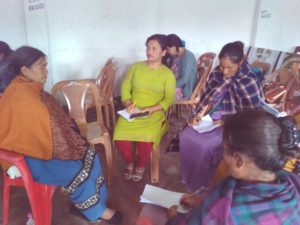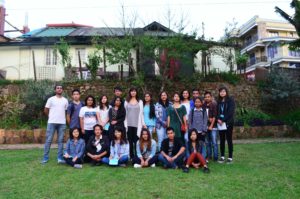Eight custodian farmers from four partner communities of NESFAS, SURE and SSC attended a one-day Experience Sharing Workshop on “Climate Change, Millets and Women – Concerns and Opportunities” at JMC, Lerie, Kohima on December 4 organised by the North East Network (NEN) Nagaland.
The workshop brought together a total of 56 participants comprising of millet farmers from Nagaland, Meghalaya, Manipur and Kalimpong (West Bengal) and NGO representatives IRMA from Manipur, KKKS from Kalimpong; NEIDA, KMH, NEN from Nagaland.
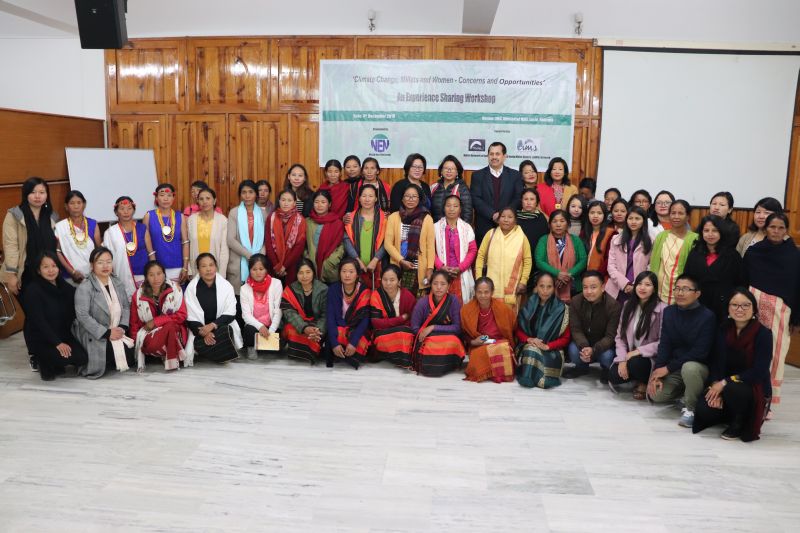
Supported by the Millet Network of India (MINI), the one-day workshop aimed to understand the current status of millet cultivation and consumption in the North East region and to identify the key challenges and opportunities in millet based biodiverse food and farming systems.
The workshop also aimed at facilitating farmer to farmer exchange learning on innovative practices and discuss the way forward for the recognition of millet farmers’ knowledge and bring millets into the agricultural policies of the State.
Wanriti Pyngrope, a custodian farmer from Iewrynghep said, “From this workshop, I learned that millet is very nutritious and as a young farmer I would like to revive millet cultivation once again in my own village. I will now spread the message I received from this workshop to all my fellow community members.”
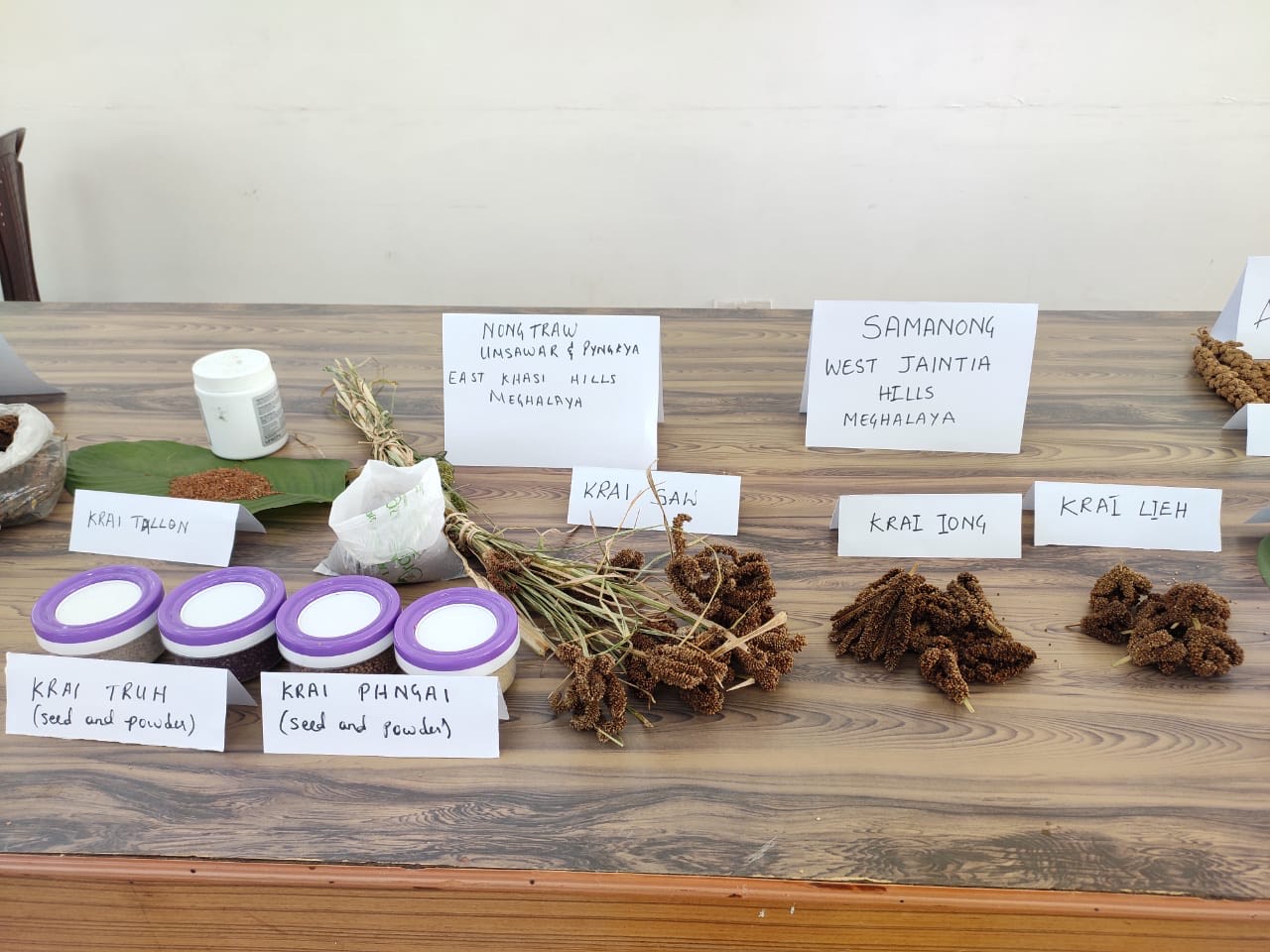
Cultivated and consumed in over 50 countries in the global South including India, ‘Millets’ are central to the cultural ethos of Indigenous communities in the North East and other parts of India, it said. Foxtail millets, sorghum, finger millet, small millet, proso millet and pearl millet are some of the millet varieties that is traditionally cultivated and consumed as grains, snack and drinks in different parts of the North East region.
In her keynote address, Seno Tsuhah, NEN and Member, Steering Committee, MINI highlighted the effects of climate change and how it has impacted small farming communities the most.
She encouraged the participants to relook at their communities’ climate change adaptation mechanisms. Owing to numerous factors such as the feminisation of agriculture, shrinking common lands, increased corporate control of agriculture, lack of policy support to millet based biodiverse agriculture, millets have been marginalised to a great extent, she added. She pointed that women farmers play a central role in the conservation of millets as they have the knowledge and skills surrounding millets, and their role and contribution needs to be acknowledged by the Government and society at large.
During the session on ‘Current Status and Concerns – Voices from the field,’ women millet farmers from Nagaland, Manipur and Meghalaya shared the various challenges in its production and consumption. Some of these are – lack of policy support for millet farmers, lack of technological support, wildlife and bird attacks on millet fields, shrinking jhum lands and increased cash crop plantations, shortage of agricultural labor, lack of information on marketing avenues.
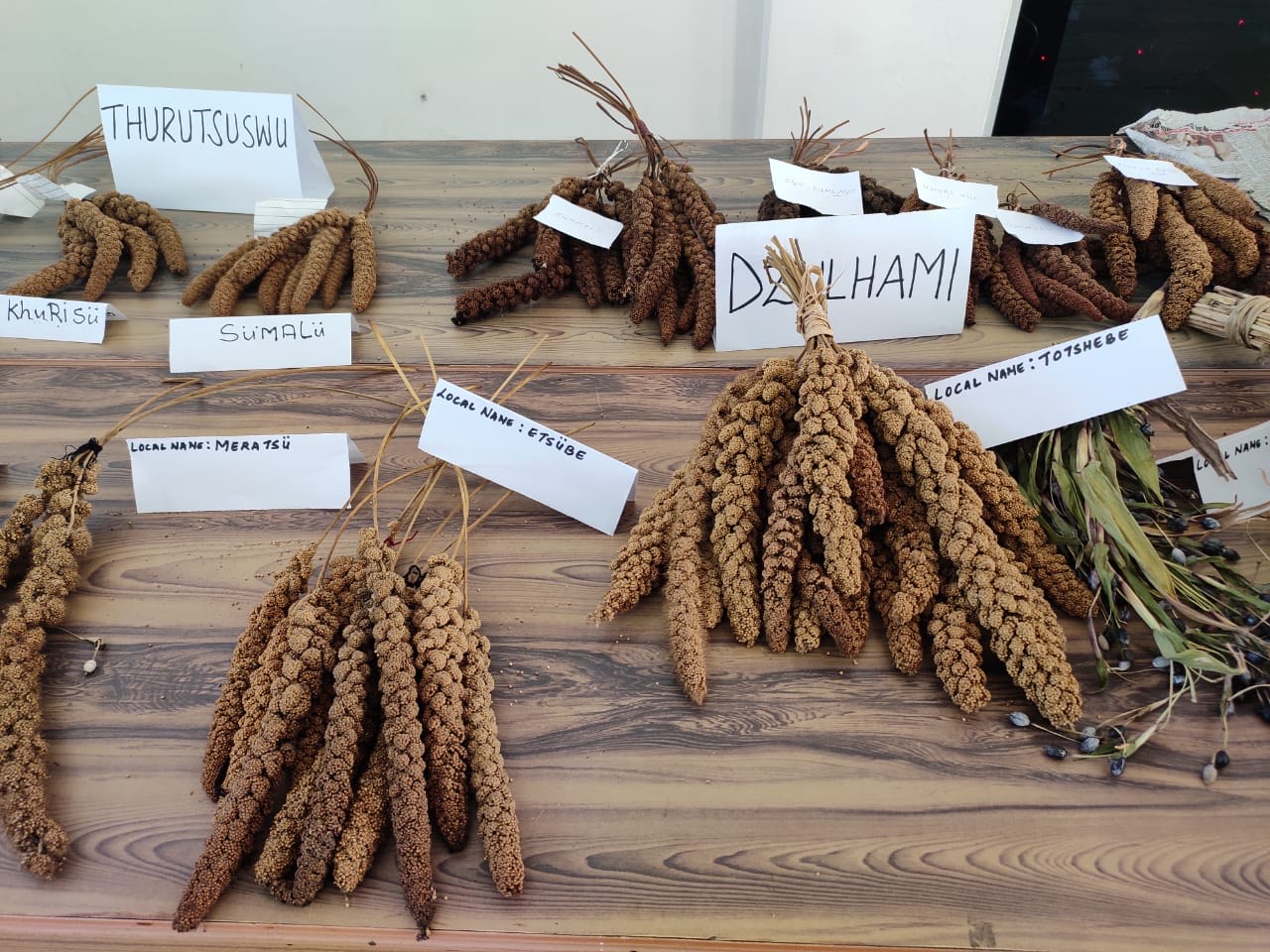
In the session ‘Opportunities and Innovations,’ millet farmers and organizational representatives also shared innovative practices and coping mechanisms to deal with challenges in millet farming.
The workshop concluded with a discussion on way forward, where recommendatons were held as follows: Recognise millets as our heritage crops, highly nutritious and climate resilient. They ensure multiple securities – food, nutrition, fodder, ecological and livelihoods. Government must offer priority support to millet based biodiverse farming practised by small and marginal farmers, to enhance millet production.
(Contributed by the North East Network, with inputs from NESFAS)

